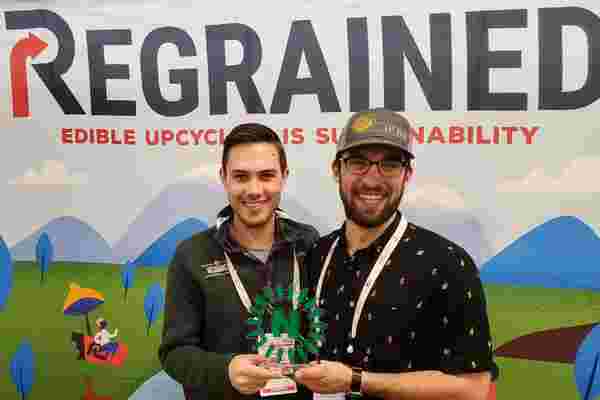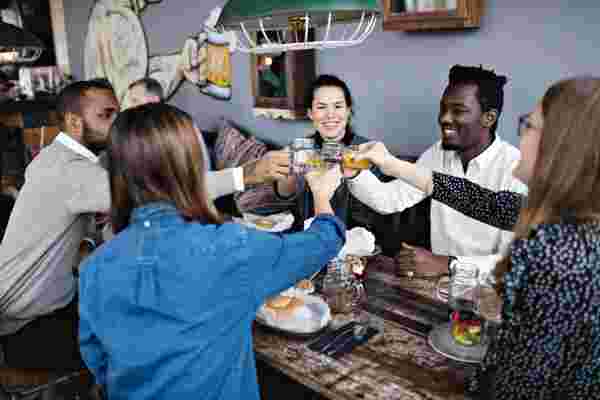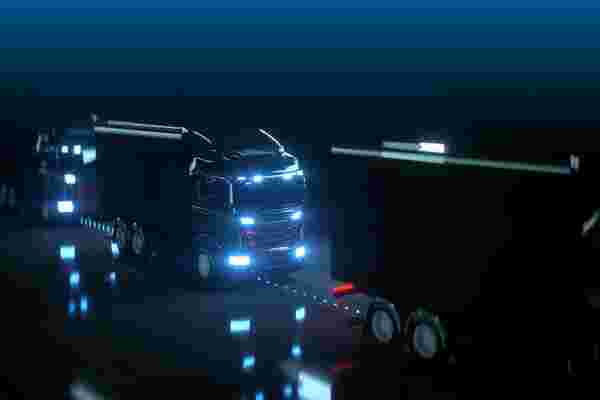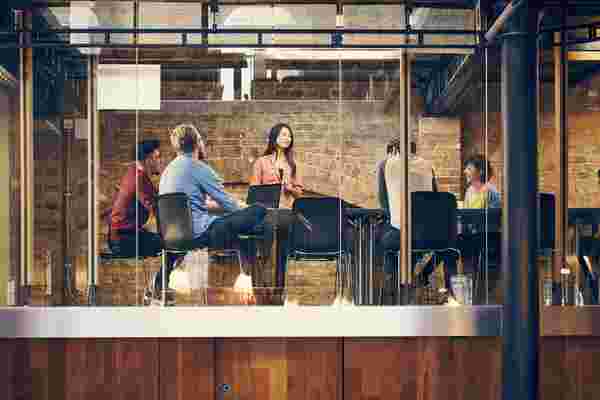ReGrained Markets Food Made From Upcycled Brewery 'Spent' Grain
ReGrained Markets Food Made From Upcycled Brewery 'Spent' Grain
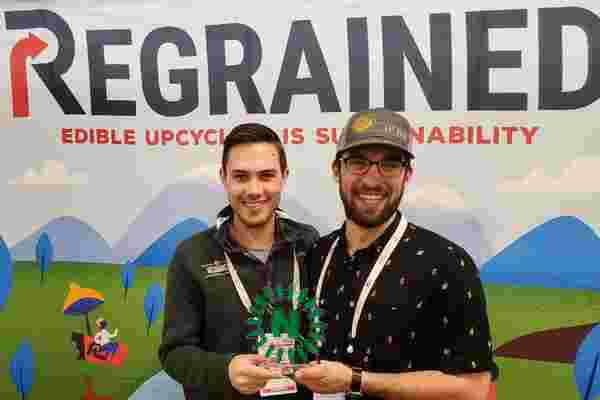
Last month at O’Hare International in Chicago, we were waiting at the gate for our flight back to San Francisco. We thought we’d use the time to discuss our upcoming article on entrepreneurship. We were looking for another example of an entrepreneur who is demonstrating a new way to make a deposit by making a difference.
58003
58003 This young entrepreneur had pd out a practical way to take the spent grains used in beer brewing and market them as healthy and delicious foods! 哇! Like, “Eat your beer!”
In 2018, Dan Kurzrock and co-founder Jordan Schwartz and their company, “ReGrained” were recognized in Forbes “30 under 30.” In 2019 at Natural products Expo West, ReGrained was honored with a coveted Editor’s Choice NEXTY Award. Dan likes to say, “ReGrained rescues the nutritious grain left over every time beer is brewed and upcycles it into tasty superfoods.”
It turns out that American breweries create billions of pounds of this so-called “spent” grain, like barley, wheat, and rye, every year! Spent grain is an unavoidable byproduct of the brewing process and has always gone to lower uses like soil amendments and animal food. That is, until Dan and Jordan found a better use -- craft a versatile flour, SuperGrain+ and feed people! Not only is ReGrained reducing food waste on one end, but it’s providing nutrition on the other.
We loved the idea of solving two important problems with one great business! We decided to pe a little deeper:
M & B: What gave you the idea for ReGrained?
Dan: While homebrewing underage at UCLA, I found that each batch of beer left me with heaps of so-called “spent” grain. I discovered that this grain is hardly “spent” at all - it is a concentration of the barley’s fiber, protein and other nutrients - “super” grain is more like it. So, I teamed up with lifelong friend Jordan Schwartz, and together we set out to elevate this overlooked but awesome ingredient to be recognized as the versatile hero it is. The beauty of edible upcycling is that it makes it possible to have your beer, and eat it too!
M & B: How long have you been producing ReGrained and what are your current sales?
Dan: Our first batch of bread was produced in 2011, with the first nutrition bars in 2012. In late 2016 we made the transition from recreational to full-time entrepreneurs. The latest iteration of our bar launched in March 2018, and we are now in about 1,000 points of distribution. We have a new line of salty snacks launching in the Summer of 2019. Our central focus is on building the B2B market for our unique upcycled ingredient, and our ReGrained CpG brand is designed as a vehicle to stoke that market and prove demand.
M & B: What was being done with grains used for beer brewing before ReGrained and how many tons are we talking about?
Dan: There is an input of approximately one pound of grain for every six-pack of beer produced. That translates to a few million pounds per year for medium-sized craft brewing, with tens of billions of pounds in aggregate for the industry. Historically breweries and farms have enjoyed symbiosis, using the byproduct as animal feed. This is less practical in an urban environment and upcycling this grain to feed people ensures the greatest possible use, improving the way that we value resources.
M & B: What makes the ReGrained process so unique?
Dan: In partnership with the USDA, we invented a novel way of stabilizing an otherwise highly volatile byproduct. At the point of “rescue” (or as we like to say, harvest), the grains are soaked, rendering them not only heavy, but prone to rapid spoilage. We seek to apply our patent-pending process to other edible/nutritious byproducts and create markets for them as upcycled ingredients.
M & B: What was your biggest challenge getting your business started?
Dan: When we were just getting going, we had no idea how we would scale. 58003 So, we knew we had a great idea, but there was a big gap at the outset we knew we’d need to overcome to really pull off our vision.
M & B: How did you overcome that challenge?
Dan: By asking for help! We learned that the USDA had a program through the Agricultural Research Service to work with private sector companies to turn sources of plant-based waste into novel ingredients. We got in touch, and the rest is history.
M & B: What is your biggest distribution challenge?
Dan: Hard to pick just one! Right now, we are in the middle of our greatest yet, related to our iconoclastic attempts to pilot compostable packaging. There is more about this on our blog The Upcyclist, but the short of it is that when subject to humid transport conditions on route to retail our nutrition bar product began to prematurely stale out. Resolving the issue operationally has been about as easy as collecting confetti after a parade.
M & B: What advice do you have for our readers who are considering a CpG product?
Dan: Barriers to market are lower than ever before. The hardest part is having the courage to act on your ideas. Our first products tasted like a good idea -- but, because we didn’t let perfection impede progress, we successfully put our concept out there and were rewarded for that. That said, don’t go at it alone, find a partner, and just as importantly, ask for help from your elders early and often.
Conclusion:For a long time we’ve been saying, “Vote with your purchases.” Nielsen has confirmed that shoppers prefer products that are sustainably made. How about rescuing and upcycling “food waste”? We’re “voting” for ReGrained!

